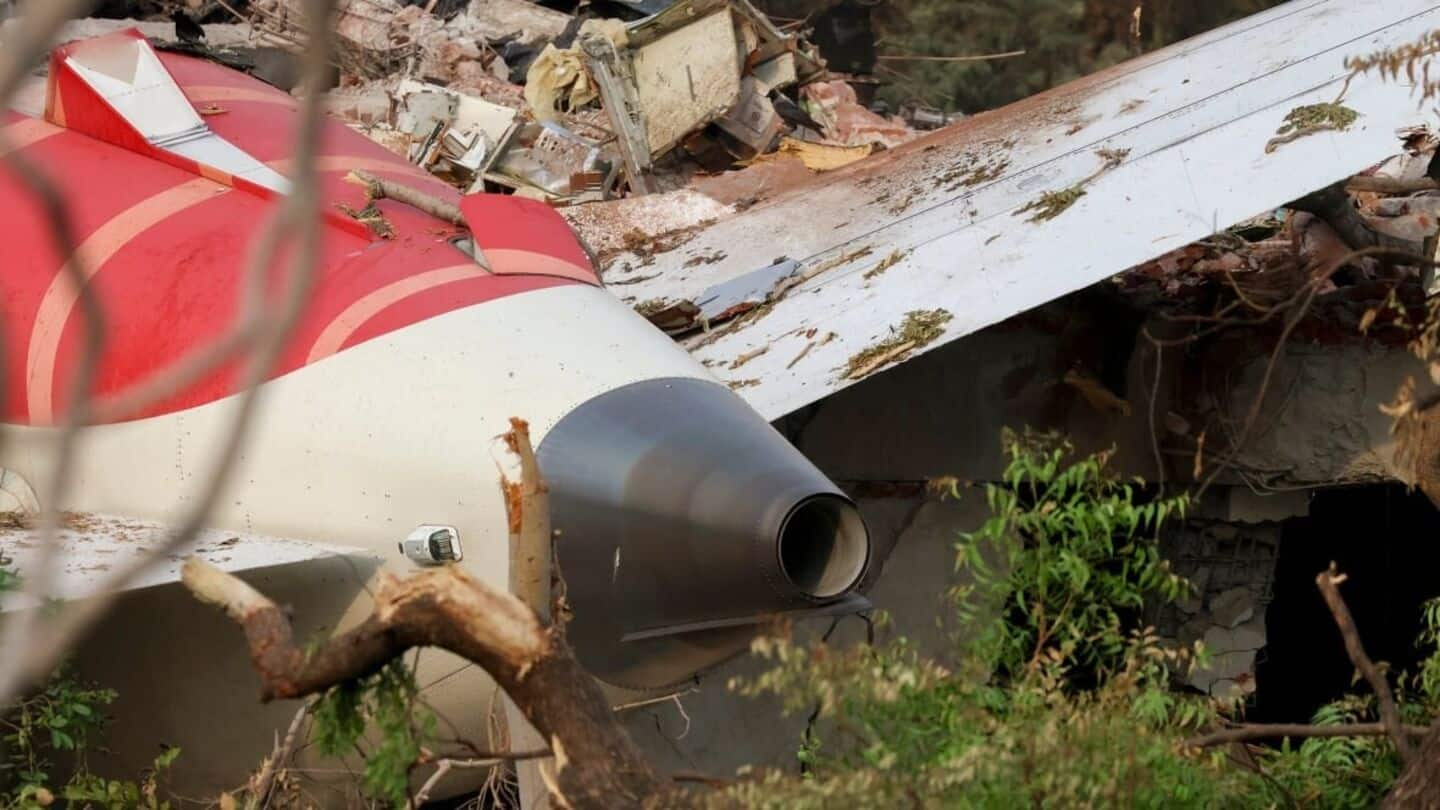
Air India crash report raises questions but no answers: Pilots
What's the story
The International Federation of Air Line Pilots's Associations (IFALPA) has said that the preliminary report into the Air India crash in Ahmedabad last month raises several questions but doesn't provide any answers. The Aircraft Accident Investigation Bureau (AAIB) released its preliminary probe report on Sunday, suggesting possible fuel switch as the cause. "Whilst this preliminary peport...raises many questions, it does not provide answers, and any extrapolation of its content can only be regarded as guesswork," IFALPA stated.
Investigation support
IFALPA's statement on preliminary report
"As a reminder, a preliminary report is merely the means of communication used for the prompt dissemination of data obtained during the early stages of the investigation," it added. The IFALPA also said it is committed to supporting the AAIB's efforts and stressed that the families of the victims deserve "our collective professionalism" during this time. The association further cautioned against speculation, urging all parties to let the investigation take its full course without drawing conclusions from the preliminary report.
Crash overview
AI flight crash details
On June 12, the London-bound AI-171 crashed into BJ Medical College's residential quarters in Meghaninagar seconds after taking off from Ahmedabad airport. Only one of the 242 passengers and crew members onboard survived. Nine students and their relatives were among those killed on the ground. The AAIB's first investigation report mentioned both switches feeding fuel to the two engines were cut off, causing confusing between the pilots before the crash.
Pilot confusion
What the AAIB report noted
The AAIB report noted that the aircraft reached a maximum recorded airspeed of 180 Knots IAS at about 08:08:42 UTC. Engine fuel cutoff switches then transitioned from RUN to CUTOFF position with a one-second gap. The cockpit voice recording revealed one pilot asking the other why he cut off the fuel, to which the other pilot replied he didn't do it.
Expert analysis
Airlines worldwide are inspecting fuel switch locking mechanisms
The report also said that fuel samples from bowsers and tanks used to refuel the aircraft were tested at the Directorate General of Civil Aviation (DGCA) laboratory and found satisfactory. On Monday, the DGCA ordered airlines operating most Boeing aircraft variants to check the locking mechanism of fuel control switches by July 21. Etihad Airways has also already asked their engineers to check these locks, and Singapore Airlines is reportedly following suit.